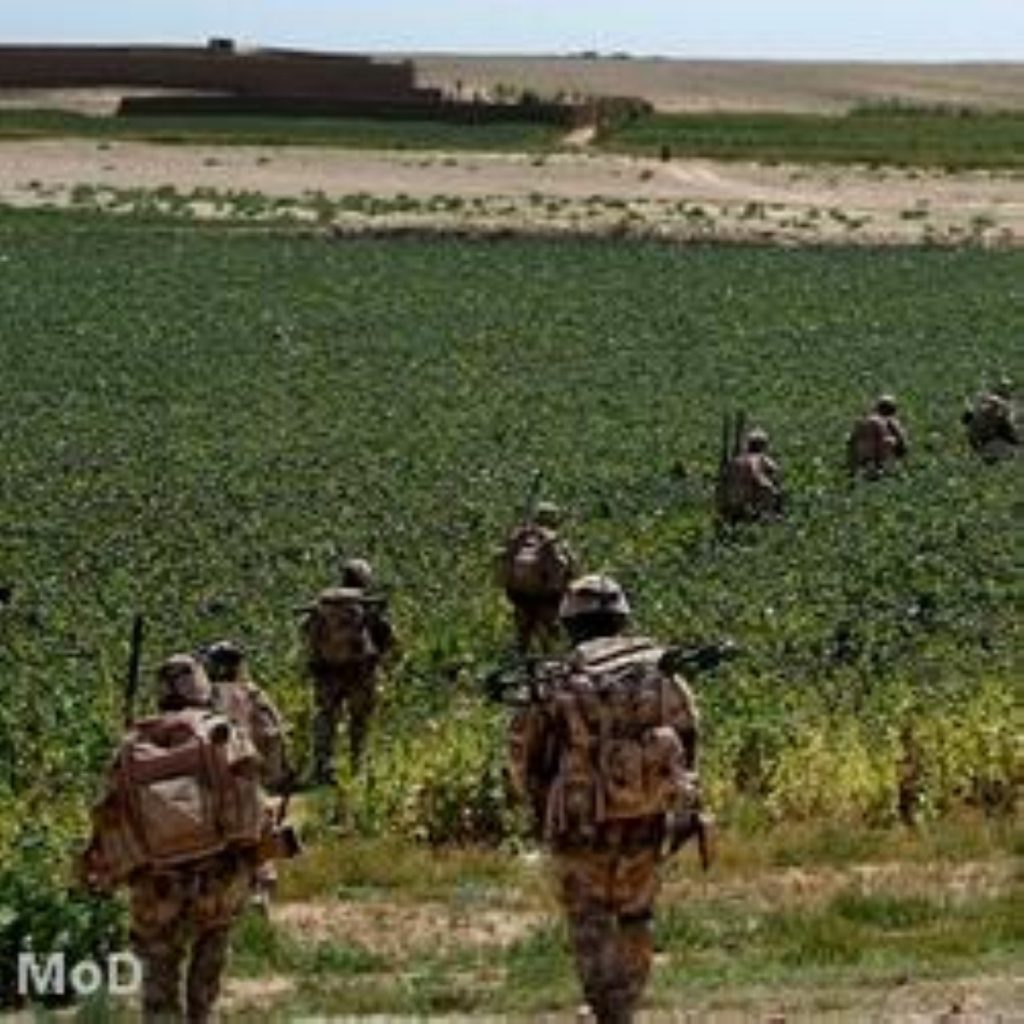Jackson: Afghanistan effort hurt by “juvenile” Whitehall
By Alex Stevenson
Britain’s efforts to create an effective strategy for Afghanistan are being undermined by “juvenile” interdepartmental tensions, General Sir Mike Jackson has claimed.
The man who served as chief of defence staff between 2003 and 2006 made his comments before Gordon Brown announced his intention to shift the emphasis to Afghanistan’s border regions with Pakistan yesterday.
“Our ability to prosecute this sort of campaign. is not as good as it should be. Whitehall is still a series of stove pipes,” Gen Jackson said.


He pointed the finger at three government departments playing important roles in Britain’s presence in Afghanistan.
The Ministry of Defence (MoD) was dismissed as “not very good at buying things”. He said the procurement system was “mired in process” and added: “There are too many people in the MoD who have the ability to say no without carrying the responsibility for the effects of that decision.”
His main comments focused on tensions between the Department for International Development (DfID) and the Foreign and Commonwealth Office (FCO), however.
“The difficulty with DfID is a cultural one,” he said, pointing out that it had changed its outlook since becoming detached from the Foreign Office.
“The Act of Parliament which established DfID created the task to ‘relieve poverty’. unqualified by purpose and unqualified by geography.
“Dare I say, the cultural atmosphere of DfID is very different to the culture of the Overseas Development Agency. If the Foreign Office wants them to do A, by definition they will do B. This won’t do.”
Yesterday Mr Brown announced 700 extra troops will be sent to Afghanistan, taking the total number of British troops there to 9,000 for the rest of 2009.
Defence chiefs have repeatedly stressed the heavy demands faced by British forces operating abroad in recent years. Gen Jackson said he believed the outdated assumptions established in the 1998 strategic defence review were responsible for this.
“The difficulty is that events have overtaken those assumptions – dramatically,” he said.
“The assumptions have not been adjusted to reflect the real world. We need to rethink where we are and what we might need, and what future circumstances might bring upon us.”

